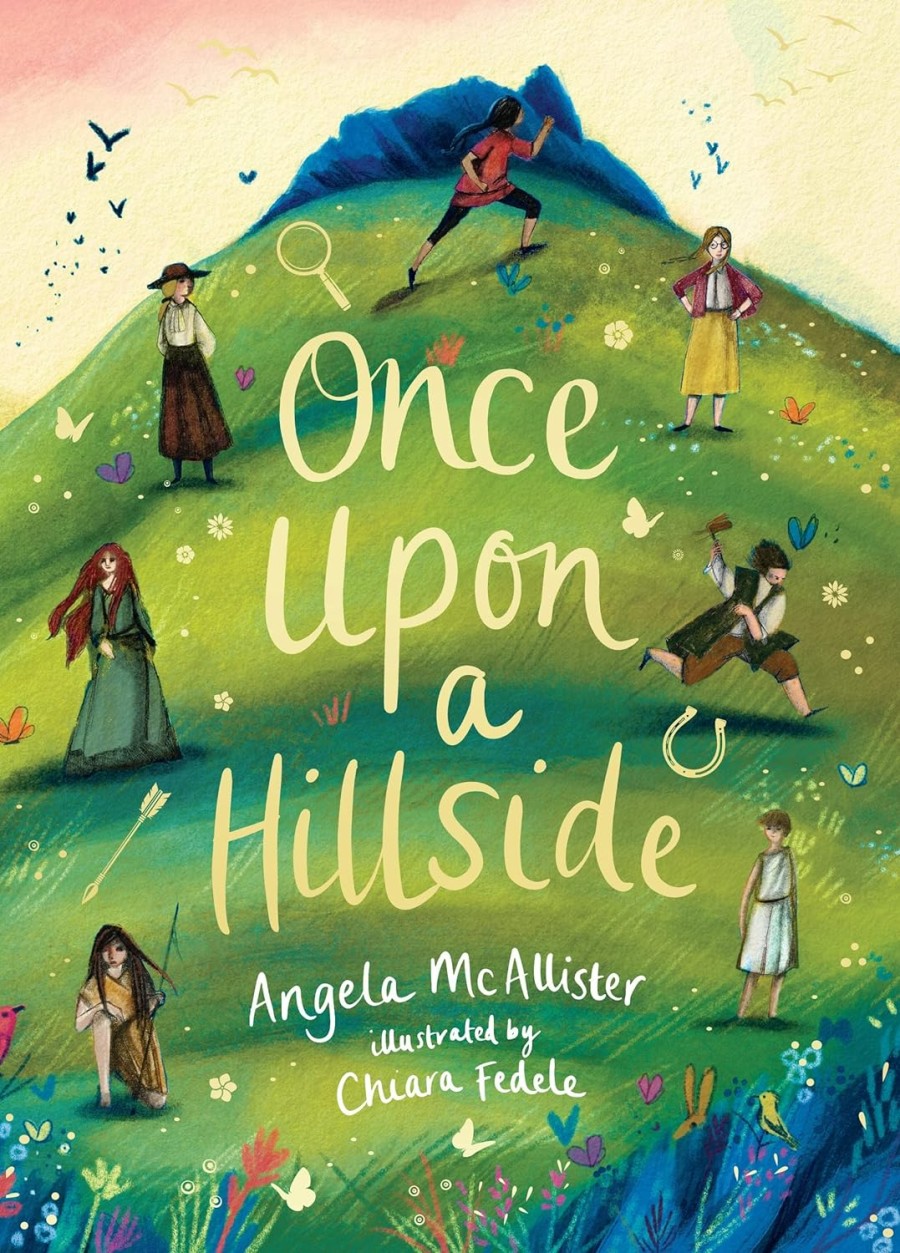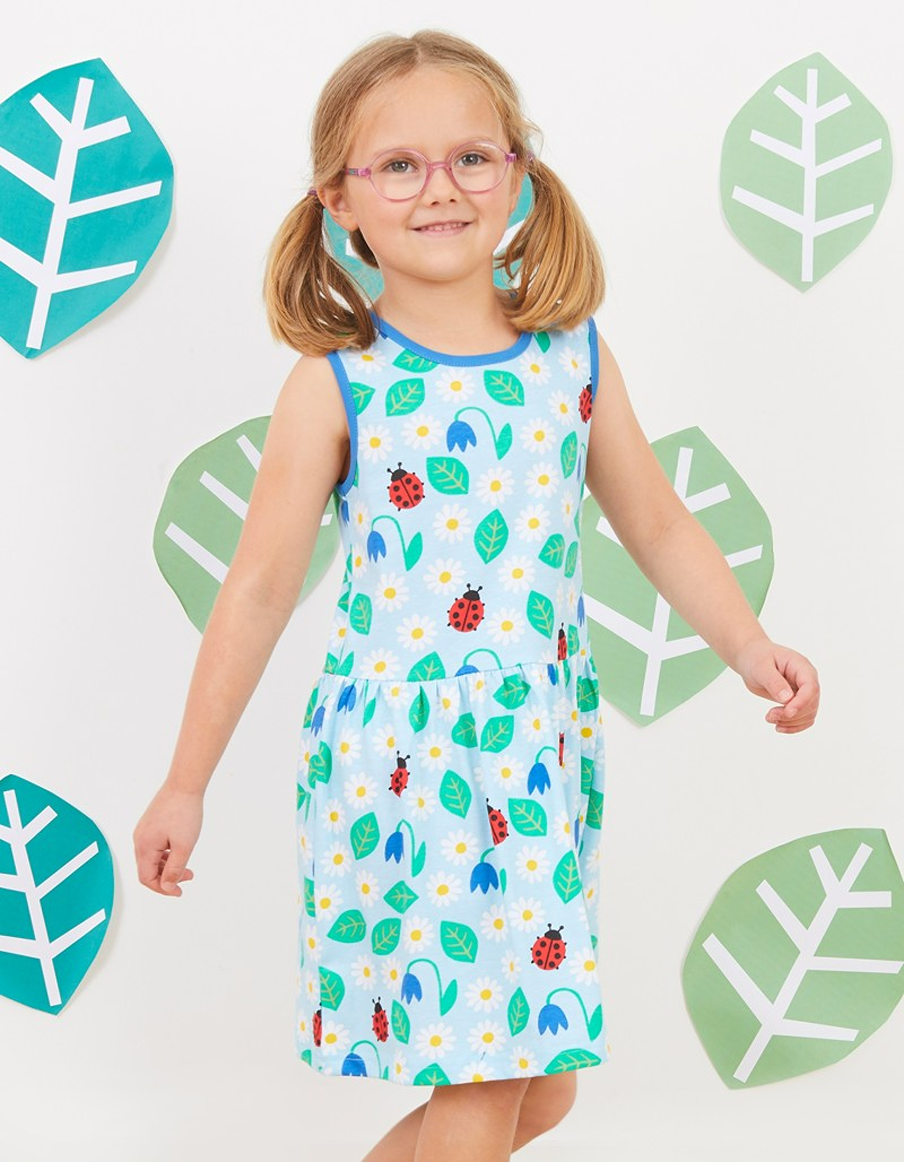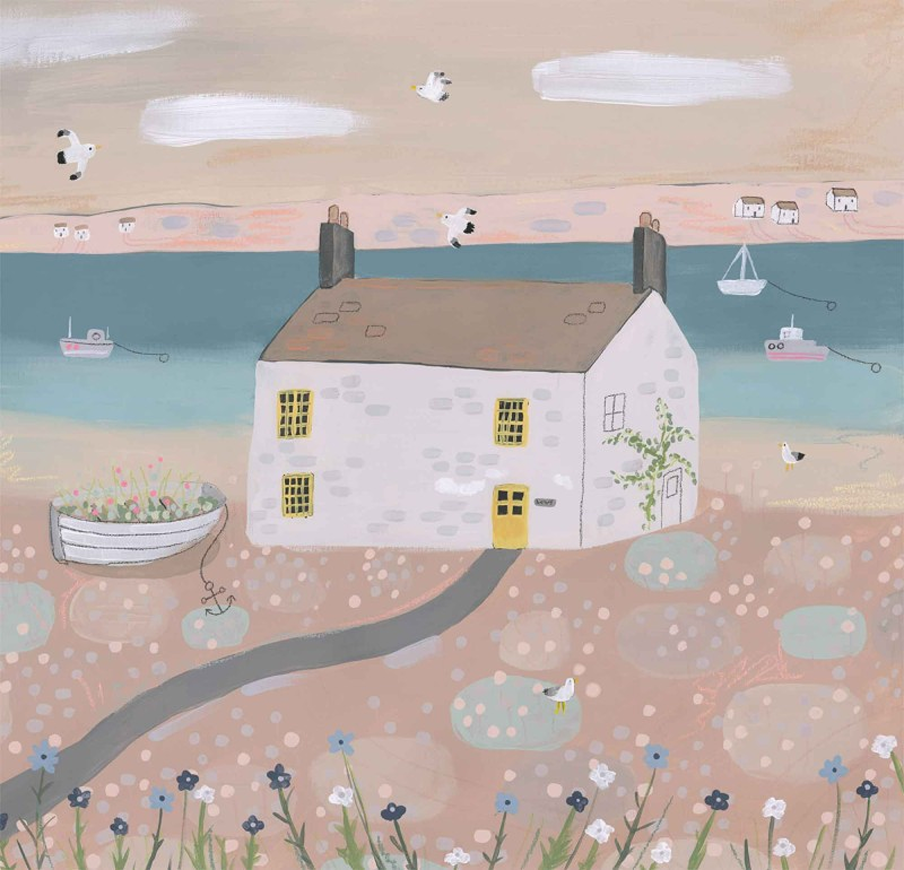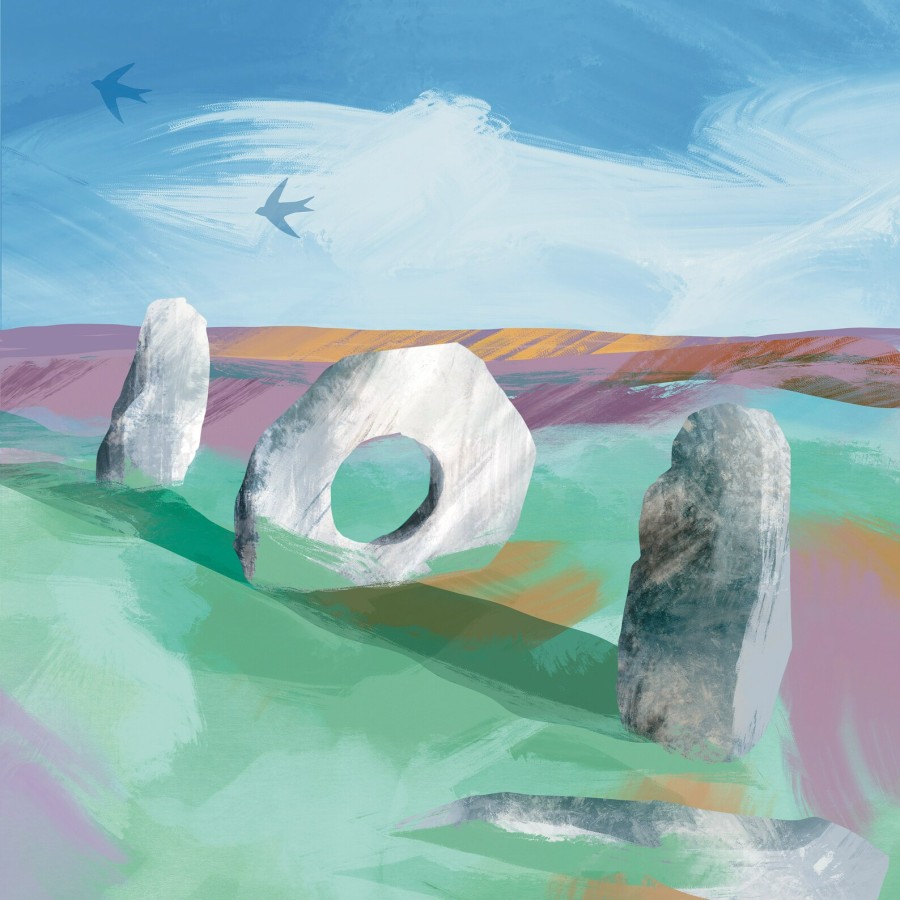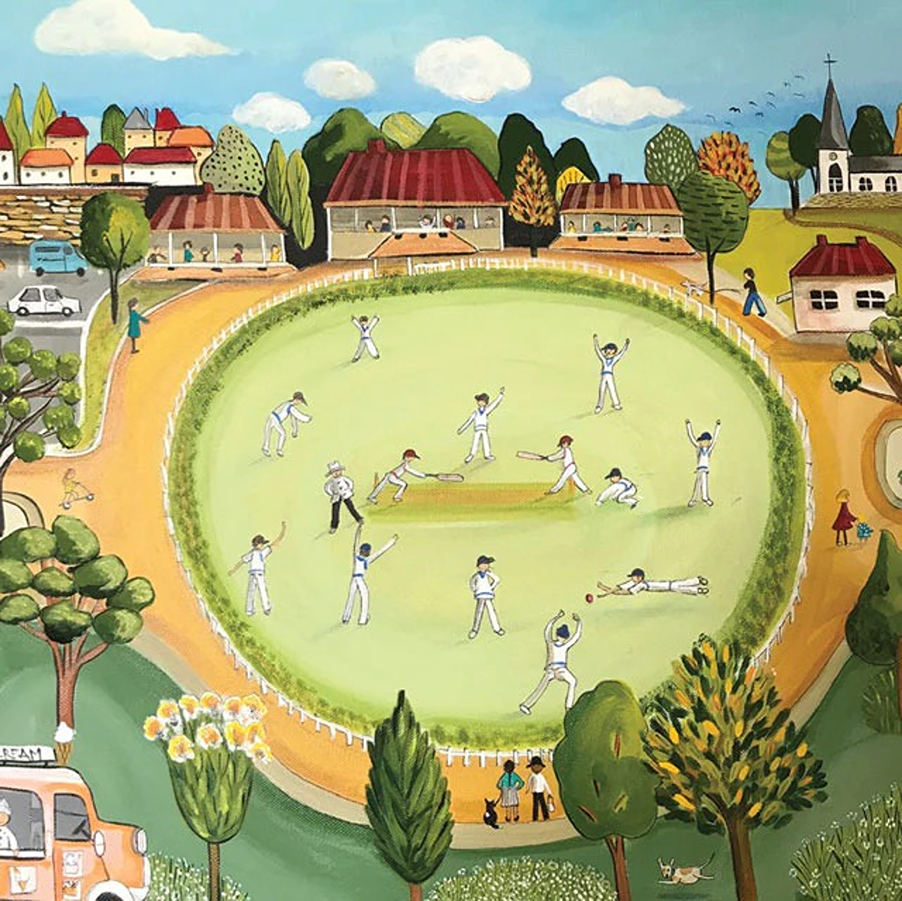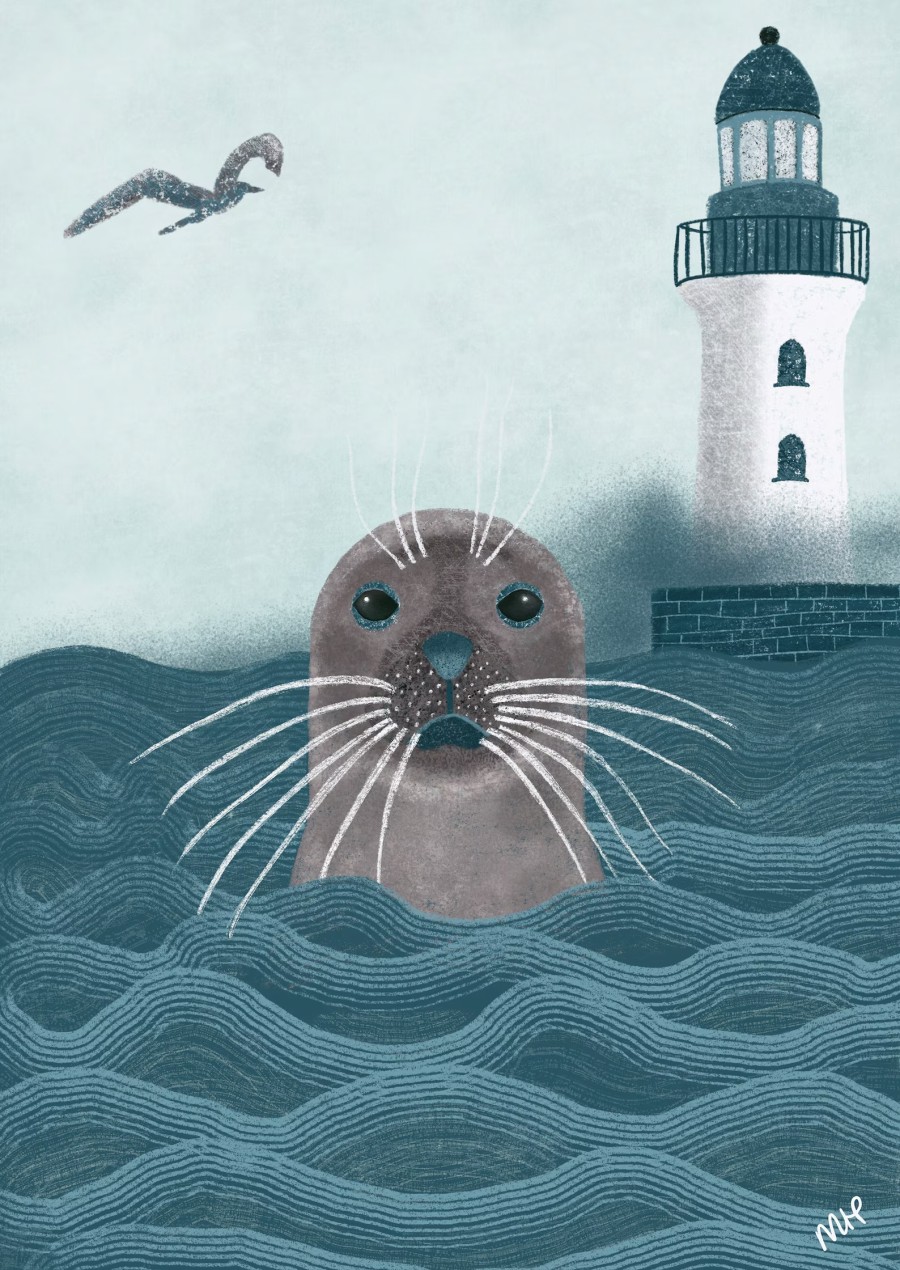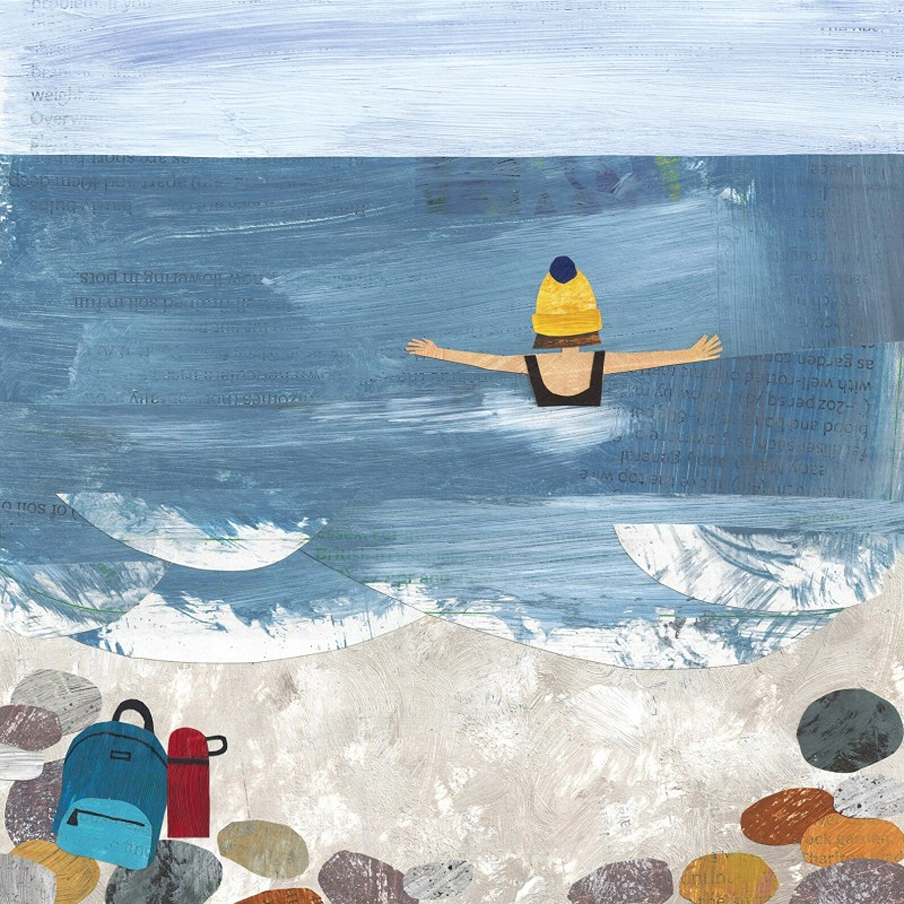
As well as helping to prevent drowning accidents, learning to swim helps to develop the heart and lungs, improves posture and also is a good low-impact exercise for people with injuries. It also enables you to enjoy fun activities like canoeing, yachting, paddle-boarding, triathlons, wild swims and surfing.
It’s a shame that old-fashioned pay-as-you-go swimming pools have disappeared, as today you have to mostly sign up for monthly memberships, which many people can’t afford to do. Enter your postcode to find local pools which are more affordable than swanky gyms, or approach out-of-season hotels as many offer memberships in quiet seasons, though obviously the caveat is that there are likely no lifeguards. But its nice to find a quiet pool to support local hotels, and you may benefit from uncrowded pools.
Does learning to swim prevent drowning? Yes. Drowning is the third cause of accidental death for children, yet lessons are only compulsory for some schools. Yet knowing how to swim could one day save their lives.
how to build a natural swimming pool
Free from chlorine, natural swimming pools are sometimes built by people with big gardens and funds to do so. These use plants to naturally clean the algae and support local pollinators (know toxic plants to avoid near pets and remember that blue-green algae is very poisonous so be aware of this).
Keep all swimming pools covered when not in use, to prevent drowning accidents. Dogs can usually swim but can still cramp (talk to your vet regarding suitable lifejackets, some are not comfortable).
To keep wildlife safe near pools, use FrogLog (a ladder to let small critters escape) and Critter Skimmer (rescues trapped creatures – get both as they do different things). How many you need, depends on pool size (see each site for info). Dogs can usually swim but can still cramp (talk to your vet regarding suitable lifejackets, some are not comfortable).
The Island Swimmer is a the big-hearted debut novel from Lorraine Kelly, who proves she can write as well as she giggles! The story of a woman who returns home to Orkney’s wild landscape, when her father falls ill. She meets her estranged sister (the relationship broken after a childhood trauma).
Yet as Evie clears out her father’s house, she finds herself drawn to a group of cold-water swimmers, who find calmness beneath the waves. And together they help her face up to mistakes of the past, unlocking a treasure of truths that will reverberate through the community, and shake her family to its core.

